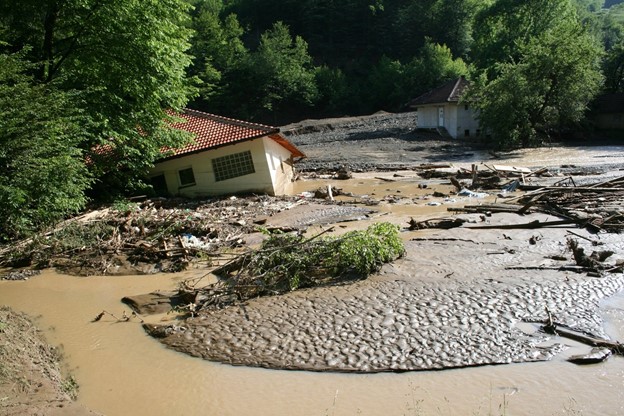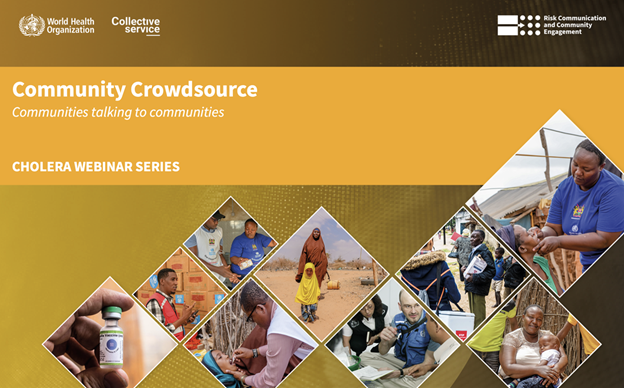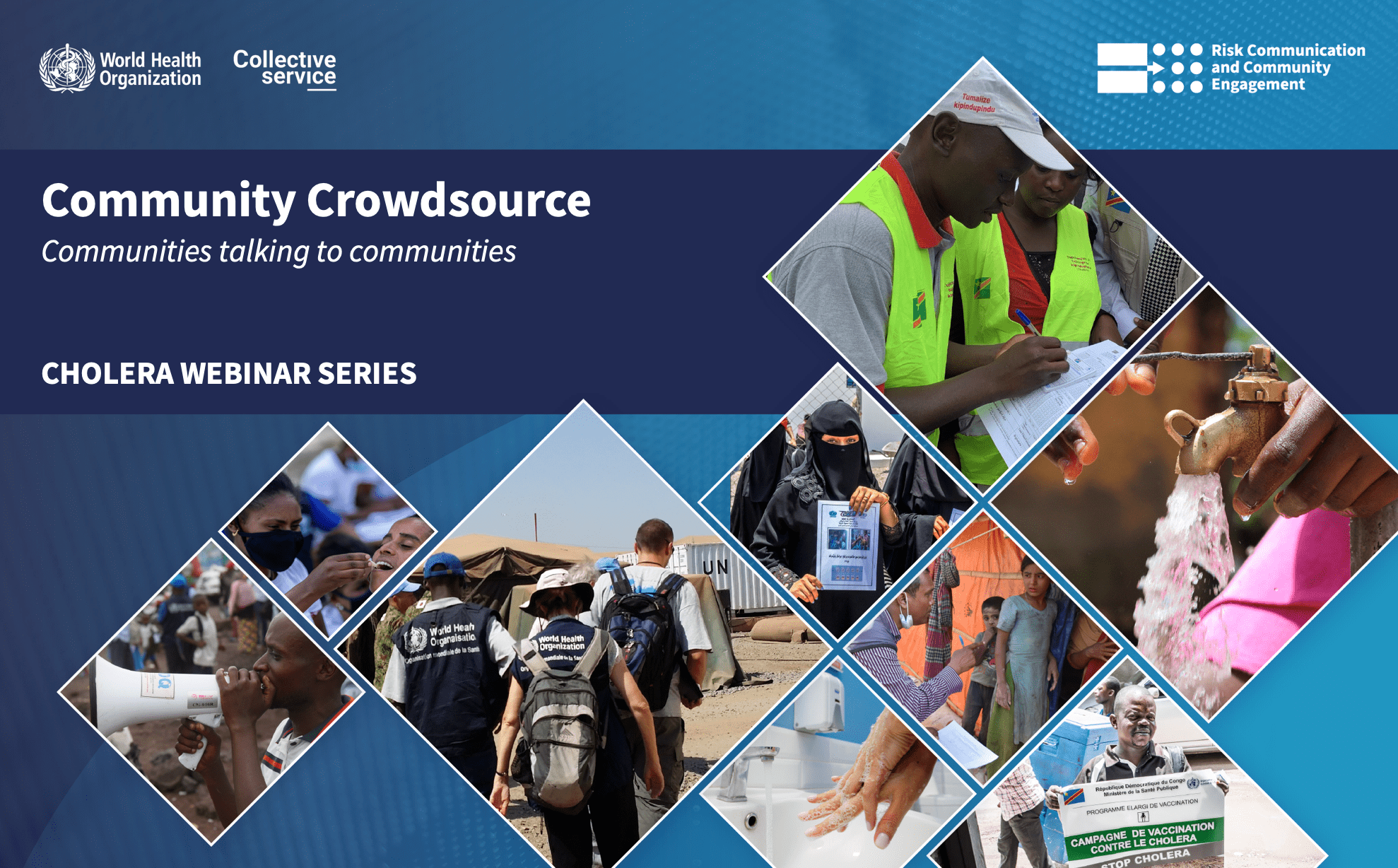
Effective risk communication and community engagement (RCCE) are crucial in health emergencies. Access to health information that is credible, trusted, relevant, timely, accessible and actionable is vital in encouraging people to accept and adopt life-saving interventions.
RCCE approaches and activities are essential to any emergency preparedness and response plan. They enable meaningful engagement with affected populations, which can improve how well interventions work overall.
To effectively manage and end an emergency, it is crucial to build trust through strategic communication and by codeveloping solutions that align with community needs. WHO strongly recommends that countries maintain RCCE teams at current emergency levels to ensure operational readiness for unforeseen crises and future emergencies.
Understanding risk communication and community engagement
Risk communication involves the real-time exchange of information, advice and opinions between experts or officials and people facing a hazard or threat to their survival, health, or economic or social well-being. The main aim is to enable people at risk to make informed decisions to adopt protective or preventive measures that mitigate the impact of a threat (hazard), such as a disease outbreak.
Community engagement aims to foster relationships and structures that actively involve communities as equal partners in developing emergency response solutions. These solutions must be acceptable and workable for the communities they affect. The goal is to empower communities to take on leadership roles, take part in planning and help to action initiatives across the entire health emergency response cycle.
RCCE has proven itself to be an essential tool in emergency preparedness and response. It is a core capacity outlined in the International Health Regulations (2005). RCCE is also one of 5 strategies within the Pandemic Influenza Preparedness Framework, and a component of preparedness within the Health Emergency Preparedness, Response and Resilience approach.
Lessons learned from RCCE initiatives in previous emergencies inform subsequent response efforts. RCCE teams work closely with other technical areas to ensure that accurate information is delivered to communities in ways that are culturally acceptable and operationally feasible.
Understanding infodemic management
Infodemic management aims to ensure the spread of trustworthy information, enabling informed decision-making for public health. This involves handling the flow of often conflicting information – including rumours, misinformation and disinformation – in health emergencies.
Misinformation refers to false information shared unintentionally. Disinformation involves deliberately sharing false information. Both can generate damaging rumours and lead to public misunderstanding and mistrust.
In infodemic management, individuals and communities actively help to establish, share and evaluate health information. This approach makes it more likely that health measures are accepted and promotes shared responsibility in validating information.
Learnings from previous infodemic management episodes have reinforced the importance of accurate, timely information in emergency preparedness and response. This has led to integrated management strategies that speed up the sharing of accurate health details with diverse communities.
Using RCCE and infodemic management to empower communities in emergencies
The WHO Regional Office for the Eastern Mediterranean is committed to strengthening country capabilities in RCCE and infodemic management. This involves establishing long-term structures, systems and skills. RCCE and infodemic management are critical public health interventions that play a vital role throughout all phases of emergency management: prevention, preparedness, response and recovery.
RCCE and infodemic management facilitate tailored, targeted and more efficient emergency interventions that:
foster trust between individuals and health authorities
effectively address rumours and misinformation
promote the acceptance and adoption of protective measures
ultimately contribute to saving lives.
Recent health emergencies have stressed the significance of RCCE and infodemic management – for example, the challenges posed by the COVID-19 pandemic and infectious diseases like chikungunya, cholera, Crimean-Congo haemorrhagic fever, dengue, diphtheria and mpox. Humanitarian crises, like wars, earthquakes and floods, have further highlighted the essential role of RCCE and infodemic management, propelling them up the political agenda like never before.
RCCE guidance
Publications

















